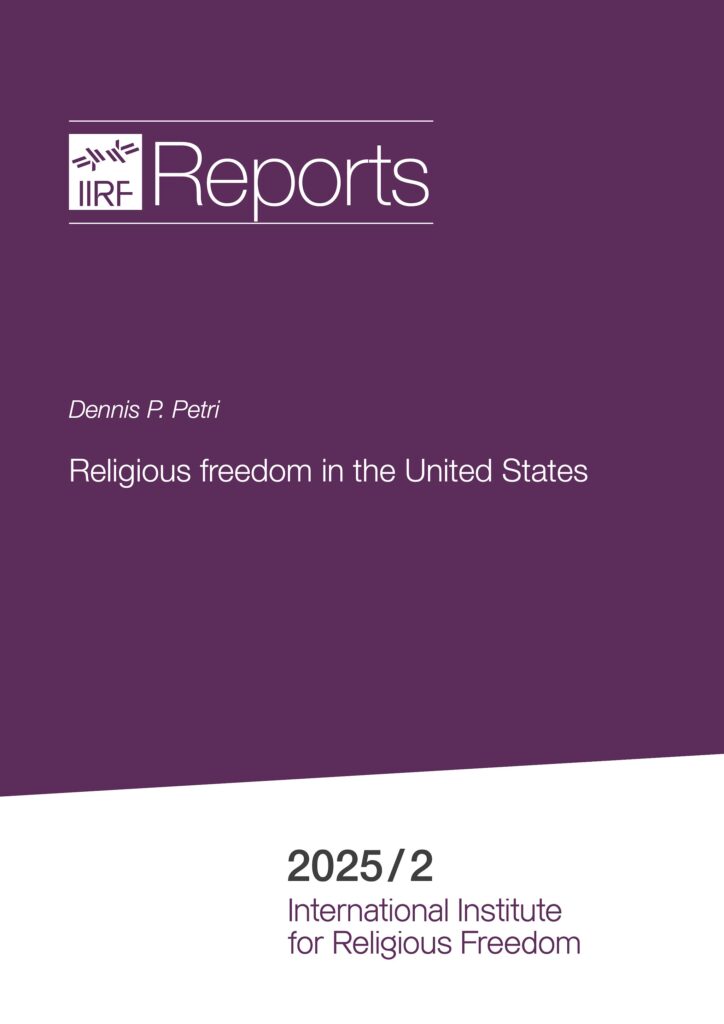On the surface, religious freedom is widespread in America and is based on a broad social consensus. Although a notion of religious freedom is intricately linked with the foundation of the American republic, its contemporary meaning is both unique and contested. It is unique because the twin “Establishment” and “Free Exercise” clauses in the First Amendment have created a distinctly American religious policy, although this is frequently challenged through litigation and self-serving political reinterpretations. Moreover, the mainstream perception about religious freedom is not shared equally by African Americans and other minorities. In this chapter, the author first offers a historiography of religious freedom in the US political system and its main points of contention. Second, he reviews some contemporary domestic controversies surrounding religious freedom, including the equal treatment of religious worldviews and the politicization of this right as a result of the radicalism of Christian nationalism. He also discusses subnational religious freedom issues such as the remnants of anti-Catholic amendments in state constitutions, state-level sharia law bans, and local county LGBTQ+ equality ordinances involving religion. Finally, he describes how religious freedom has become institutionalized as a foreign policy priority that enjoys broad bipartisan support, although its impact remains unclear.
